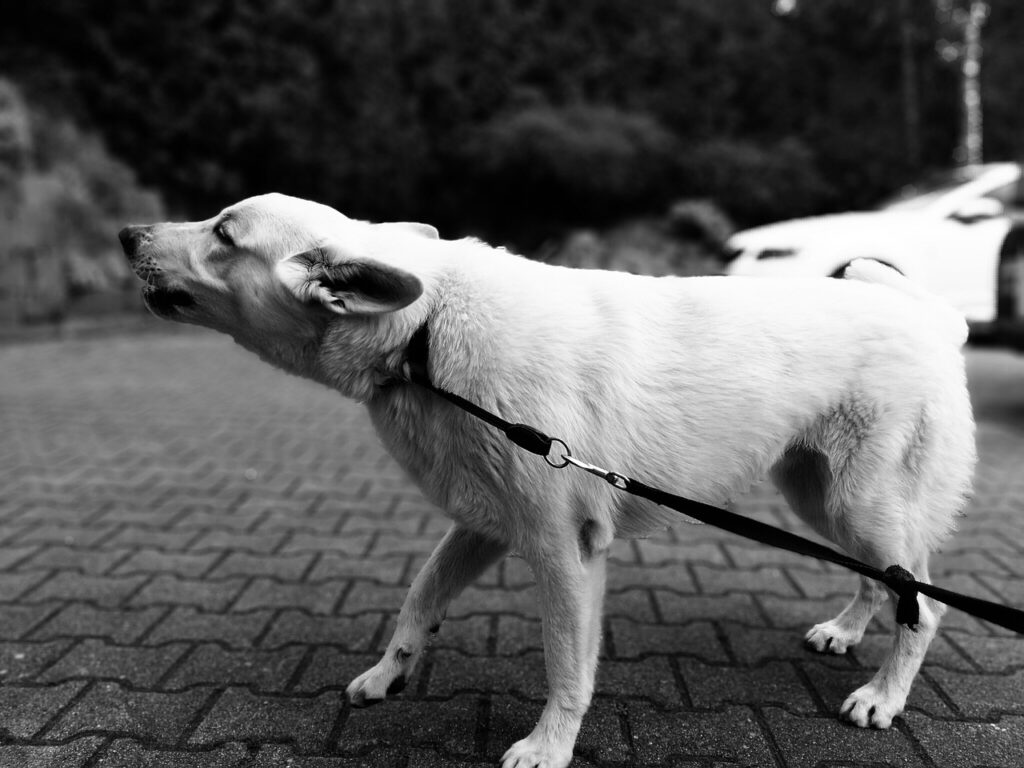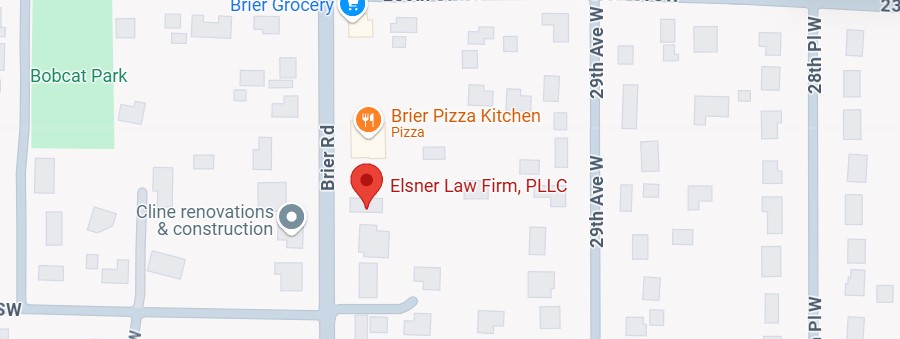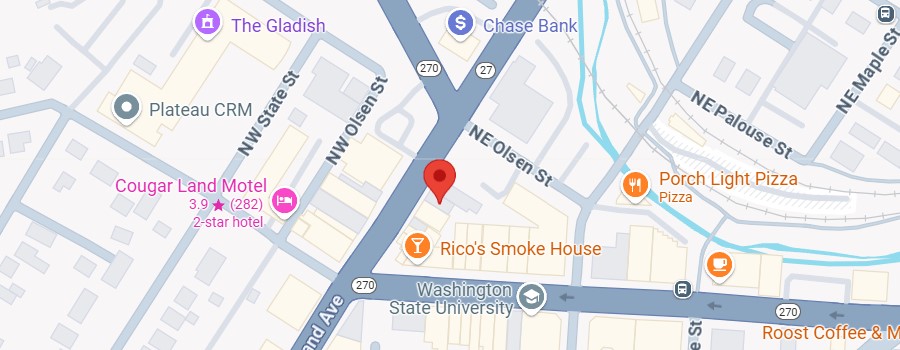Have you heard of a brake check? It’s a dangerous and aggressive maneuver that some drivers use to intentionally provoke a collision. Brake checking is a significant factor in many auto accidents, contributing to dangerous road incidents and increasing the risk of serious injuries.
The legality of brake checking varies by state—while some jurisdictions may consider brake checking legal under very limited circumstances, in many places brake checking is illegal and can be classified as reckless driving or a traffic violation.
In this blog post, we will explore what a brake check is, its implications, and the challenges of establishing liability in brake-check crashes.
Understanding Brake Checks:
A brake check occurs when a driver suddenly slams on their brakes without any valid reason or warning. Sudden braking by the leading driver can catch the following driver off guard, especially if the following driver is a tailgating driver. This aggressive act often leads to a rear end collision or a rear end accident, with the following driver having little time to react.
While there are genuine cases where drivers may need to brake suddenly to avoid a potential accident, drivers brake check for various reasons, such as to warn or retaliate against a tailgating driver. Deliberate brake checking is a form of aggressive driving that can make the leading driver, or brake checker, liable for the accident caused. Brake testing, or intentionally applying the brakes to influence the following driver, is a dangerous maneuver that can escalate road rage and increase the risk of brake check accidents. Maintaining a safe distance, typically about one car length per 10 mph of speed, is crucial to avoid rear end crashes and rear end accidents. Exceeding the speed limit or failing to maintain a safe distance can further increase the risk of a brake check accident being caused.
In most rear end collisions, the rear driver is presumed to be at fault for not maintaining a safe following distance. However, deliberate actions by the lead driver, such as sudden braking or brake checking, can shift liability and make the leading driver responsible. Rear ends and rear ended vehicles in multi-vehicle crashes can involve multiple other drivers, complicating fault determination and insurance claims.
Injuries from brake check accidents can be severe, especially when distracted driving or misinterpretation of traffic signs contribute to the incident. It is important to document the accident thoroughly, including recording damage to both your vehicle and the other driver’s vehicle, as well as the driver’s vehicle involved. This evidence is crucial for determining fault and supporting your claim.
Types of Accidents Involving Brake Checking:
Brake checking can trigger a wide range of dangerous accidents on the road, with rear end collisions being the most common outcome. When a driver intentionally slams on their brakes without warning, the trailing driver often has little time to react, resulting in a rear end crash. These brake checking accidents can cause serious injuries such as whiplash, neck injuries, back injuries, facial injuries, and even spinal cord injuries. In more severe cases, victims may suffer broken bones, brain injuries, or other life-altering harm that requires extensive medical treatment and rehabilitation.
Beyond typical rear end collisions, brake checking incidents can escalate into multi-vehicle crashes. If the trailing driver swerves to avoid the brake checking driver, they may collide with other vehicles, pedestrians, or roadside objects, creating a chain reaction of accidents. Such cases often lead to severe injuries for multiple parties and can complicate the process of determining fault in a brake checking accident.
Aggressive driving behavior like brake checking is considered reckless driving and can have devastating consequences. In some situations, the brake checking driver may be found to be the at fault party, especially if it is proven that they intentionally brake checked another driver without a valid reason. However, determining liability in brake checking accidents can be complex. While the trailing driver may be partially liable for following too closely, the brake checker’s deliberate actions can shift fault in a brake check crash.
If you have been involved in a brake checking accident, it is crucial to seek immediate medical attention for any injuries, no matter how minor they may seem. Common injuries suffered in these accidents—such as spinal injuries, brain injuries, and broken bones—can have long-term effects on your health and quality of life. After addressing your medical needs, consult with an experienced car accident attorney who can help you navigate the complexities of determining fault, gathering evidence, and pursuing compensation for your injuries and damages.
Brake checking is a dangerous form of aggressive driving that puts everyone on the road at risk. If you find yourself the victim of a brake checking incident, remember to stay calm, document the accident scene, and reach out to a personal injury lawyer to discuss your legal options. With the right support, you can protect your rights and seek the compensation you deserve after a brake checking accident.
Liability in Brake-Check Crashes:
In the event of a brake-check crash, the driver who slammed on their brakes is often hoping to shift the blame onto you, the victim. Typically, in rear-end collisions, the driver behind is held liable. However, insurance companies often presume the following driver is at fault, but accident reconstruction reports and other evidence can help prove fault in cases of deliberate brake checking. If a thorough crash investigation reveals that the collision was a result of a deliberate brake check, you may have a legal claim to hold the at-fault driver responsible for the damages.
Establishing liability in brake-check crashes can be challenging. As the victim, you need to prove that the driver who performed the brake check owed you a legal duty, that it was an act of negligence with no valid reason, and that it directly caused your crash and resulting damages. Proving liability often requires strong evidence, such as accident reconstruction reports and witness statements, to demonstrate intent and assign fault. Insurance fraud and fraudulent insurance claims can occur when a driver deliberately causes a brake check accident to file a false car accident claim. Dealing with an insurance company can be difficult, as insurance companies may deny or undervalue your claim, so pursuing compensation may require strong evidence and legal support to protect your rights.
Road Rage and Motivations:
Some drivers intentionally brake check or engage in deliberate brake checking as a response to perceived offenses by the following driver or other driver. Drivers who engage in brake checks often do so out of road rage. These brake checkers may have a shorter fuse and resort to aggressive behavior when they feel offended or inconvenienced. A brake checker may be motivated by frustration with a tailgating following driver, but this does not justify dangerous behavior. Reasons for a brake check could include tailgating, being cut off, failure to signal lane changes, or simply trying to annoy or get another driver to move out of their way.
Legal Options and Evidence:
While brake checking may not be explicitly illegal in certain states, including Washington, if you’re injured in a brake-check crash, you may still be able to pursue a personal injury lawsuit or an insurance claim against the responsible driver. Consulting an experienced lawyer or personal injury lawyers is essential to help you seek compensation, navigate the legal process, and ensure your rights are protected. Law firms with a proven track record can increase your chances of successfully seeking compensation for your injuries and damages. However, gathering strong evidence to support your case is crucial.
Evidence that can help strengthen your case includes:
- Video footage: Traffic or dash cam recordings, cellphone captures, or any other reliable visual evidence.
- Witness testimony: Objective witness statements can carry significant weight in supporting your claim.
- Police report documentation: If a responding officer confirms that a brake check caused the crash, their report can be valuable evidence.
Seeking Legal Assistance:
Establishing liability in brake-check crashes can be complex. Having expert assistance can greatly help navigate the legal complexities and build a strong case on your behalf. If you find yourself in this situation, contacting a trusted attorney with experience in personal injury law is crucial.
At Elsner Law Firm, we have the knowledge and expertise to handle these cases. Our team can help you gather the necessary evidence and fight for your rights. Call us today for a free consultation at 206-447-1425. Your wellbeing and legal protection matter to us.
A brake check is an intentional and dangerous driving maneuver that puts lives at risk. If you have been injured in a brake-check crash, it’s important to understand your legal options and seek professional assistance. Remember, evidence is key to establishing liability and holding the at-fault driver accountable. Stay safe on the roads and be aware of the dangers of aggressive driving practices like brake checking.






